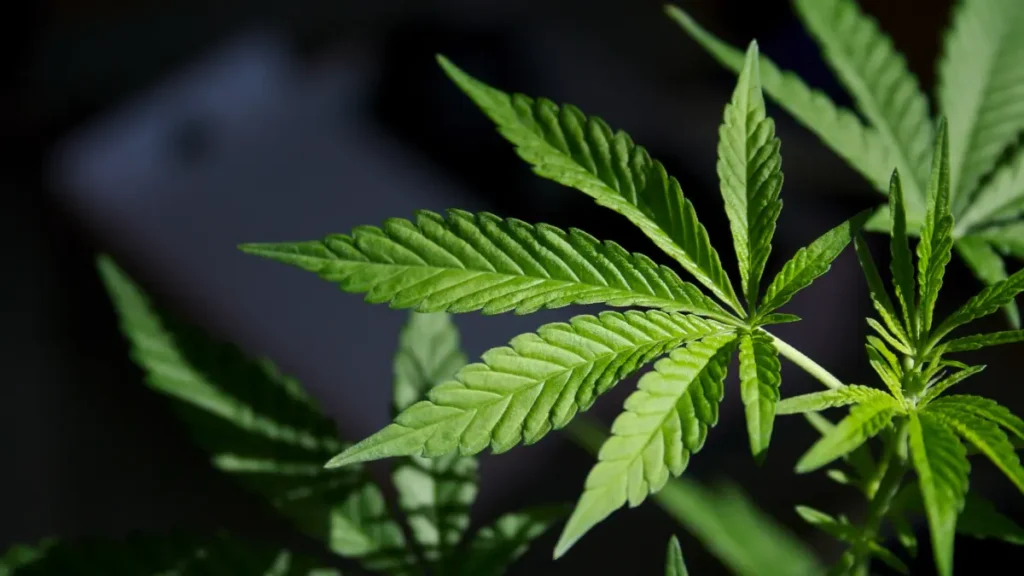DEA to Reclassify Marijuana: A Major Momentous Development of the U.S. Drug Policy in History
Recent Updates
- DEA proposes reclassification of marijuana, acknowledging medical benefits and lower abuse potential.
- White House review pending, followed by public comment phase before final implementation.
- President Biden’s support for marijuana law review and pardoning of individuals with possession convictions.
- Political implications include potential support boost for Biden, especially among younger voters.
- Bipartisan backing for marijuana reform evident, despite concerns about gateway drug potential.
- Industry poised for growth with easing federal regulations, reducing tax burdens and facilitating research.
- Challenges ahead in reconciling federal, state, and international laws on cannabis regulation.

The U.S. Drug Enforcement Agency (DEA) will alter the status of marijuana, which the authorities view as one of the most considerable drug policy events in the United States of America. The Washington Post, as The Associated Press states, may symbolize these upcoming implications as it will likely reflect the changes happening all over the United States.
In September of 2016, medical cannabis became accessible as a certified medication in all the states.
The DEA suggested the marijuana reclassification because the green plants showed their medical significance and bear a low possibility of abuse compared to other substances such as cocaine and heroin. Nevertheless, it does not go as far as what people could call the recreational side intended for cannabis.
Regulatory Progress
The DEA project’s output, reported by five anonymous sources who said the strategy, is taken to the White House Office of Management and Budget for scrutiny. After being approved, public comment will be of the utmost importance and will lead to the final implementation for twenty-five years, which is the most essential policy change by the agency.
Reshaping Public Perception
In 2022, President Biden’s exhortatust to examine federal marijuana policies was to pardon such people who were already in valid and simple possession together with other related efforts. Biden reiterates his agenda on building a fair system that repairs the damages urban black folks suffered from past policies related to jobs, homes, and education.
Political Implications
This announcement’s peculiar feature is that it comes in the middle of the election year. Thus, it could spike reelection support, thankfully among young voters. The bipartisan backing of the move to legalize marijuana proves the increased support that the cause is enjoying even at the political germination level.
Addressing Concerns
Others regard marijuana as a more dangerous drug that could lead to other kinds of drugs, while others want it to be referred to/to be taken like alcohol. Despite the challenges, the perception of relentlessness toward change is still outstanding, with lawmakers actively encouraging the DEA to make crucial decisions.
Industry and Economic Impact
After all the states, among which the legalizing process is medical or recreational marijuana, the industry has received a growth period that would be compared with some expansion period. The potential stimulation of investigation through the relaxation of regulations at the federal level would influence businesses and customers similarly.
Read also: Magical Collaboration Hatsune Miku Joins MTG in Secret Lair
Legal and International Considerations
Kindly reschedule marijuana to Schedule III, DEA controls which involves the dispensary system may be problematic in the states where they are well established. On the top of that, the international treaties forbid the production of marijuana, making the U.S. policy adoption thus more complicated.
The new reclassification by the DEA signifies a significant shift in the policy of drug control in the USA. As a symbol of advancement, it remains uncertain what possible difficulties may arise with the blending of federal, state and international laws with regard to distinguishing an agreed and workable approach to the regulation of cannabis.